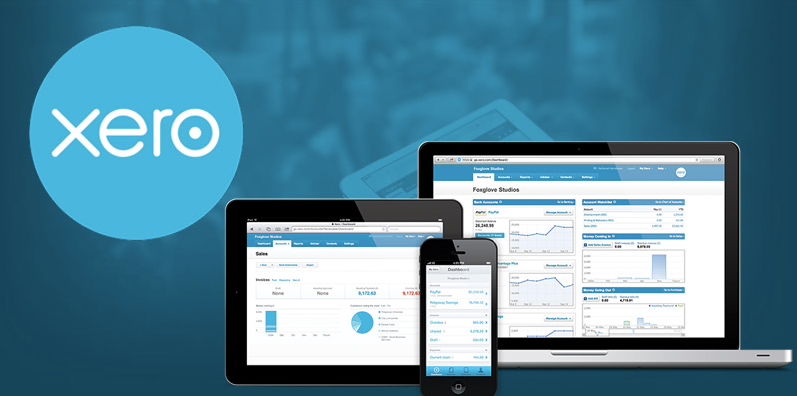The role of a tax accountant has been continuously changing over the course of the last 50 years, and it is currently undergoing yet another transition period with the growing popularity of cloud accounting.
The role of a tax accountant has been continuously changing over the course of the last 50 years, and it is currently undergoing yet another transition period with the growing popularity of cloud accounting.
In the days before the cloud, the accountant was typically involved in every intricate detail of the lives of their clients. This slowly started to change as industries such as financial planning were born and separated the multiple hats worn by accountants. The removal of this “proactive” part of the accountant’s role left a lot of the industry focusing on the compliance and reactive services relating to their clients’ personal lives.
How has Technology Influenced the Accounting Industry?
In the last 6 years, the industry has seen a shift into the technology space of accounting, with Xero being the major player. 
The shift in this space has seen the creation of new accounting sub-industries such as cloud integrators who specialise in streamlining and automating small business owners’ internal systems.
These include:
- Online point of sale solutions
- Mobile job management software
- Automated debt collection
- Online rostering applications
These systems connect directly into the accounting software, enabling clients to view their data in real-time unlike ever before.
Accountants: From Number-Cruncher to Trusted Advisor
The added effectiveness of this real-time data alongside time-saving software has allowed accountants to take on a more advisory role to their clients while still performing their key compliance work.
Services typically start from tax structuring and advice for business planning all the way through to a virtual CFO offering. All of this means the accountant can be heavily involved in your business at each step of the way.
Some leading accounting firms have departmentalised a lot of these functions internally so that small business owners have the ability to have all of their accounting requirements looked after under one location, led by specialists in the following key areas:
- Tax accountant
- Bookkeeper
- Cloud Integrator
- Insurance Broker
- Mortgage Broker
- Financial Planner
With all of these services operating in sync, not only is the overall experience more enjoyable for the client, but clients are more quickly and easily able to make educated decisions on the future of their business.
Increased Demand for Business Planning Services
Another big push coming from clients is for more proactive business planning and the various opportunities that can be derived from this. The confusing part is finding out in what areas you are well-equipped to advise the client as well as those you’ll need to engage the services of a specialist.
The main requirement from clients in this current market is understanding their business and what the figures mean. Don’t over complicate this – most SMEs have fairly straight-forward operational and financial processes in place. The most important questions that business owners ask time and again are:
1) Is my business model profitable?
To figure this out, a simple break-even budget should be done. From this, the accountant can gauge the level of sales that need to be achieved in order for them to cover all costs (including their wage). From here, the only question is whether or not that level of sales is achievable or not. If it isn’t, then you have issues. Obviously, there are more and more layers to dig down from this in terms of pricing and cost cutting etc, but if the model is flawed, then these might only be masking the problem.
2) What will my cash flow look like?
Even a profitable business can dip into the red from time to time, so you need to be able to tell them when that is going to happen. There are some great add ons in the market for Xero users, including Float or Futrli that can make this a simple process for you and help the client understand their business immensely. If you are not already using one of these, then I suggest you start to look into them.
Claire Briggs is the Marketing Manager at Carbon Group, an accountancy firm based in Perth, Western Australia that provides integrated business services in accounting, bookkeeping, cloud integration, insurance and finance.


